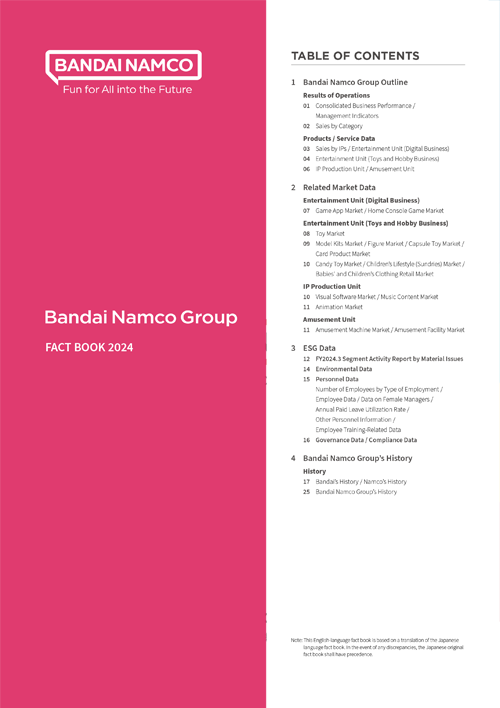
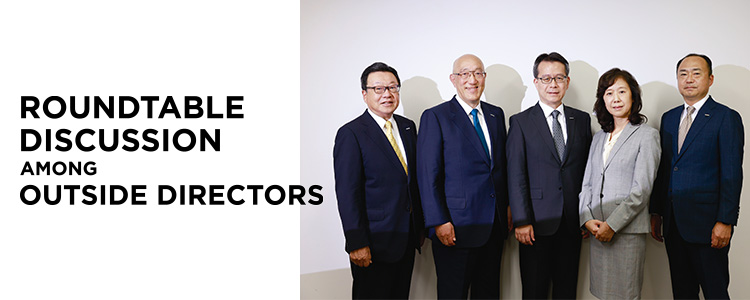
 Roundtable Discussion Among Outside Directors
Roundtable Discussion Among Outside Directors
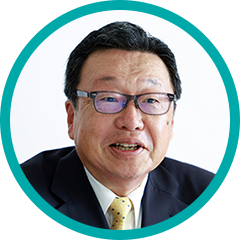 Toshio Shimada
Outside Director
Toshio Shimada
Outside Director
 Koichi Kawana
Outside Director
Koichi Kawana
Outside Director
 Toru Shinoda
Outside Director
Toru Shinoda
Outside DirectorAudit & Supervisory
Committee Member
 Satoko Kuwabara
Outside Director
Satoko Kuwabara
Outside DirectorAudit & Supervisory
Committee Member
 Takayuki Komiya
Outside Director
Takayuki Komiya
Outside DirectorAudit & Supervisory
Committee Member
 Reflecting on Two Years of Organizational Change
Reflecting on Two Years of Organizational Change
Shimada:Two years have passed since Bandai Namco made the transition to a company with an audit and supervisory committee in 2022. Reflecting on the governance reforms during this period, steady progress was made toward becoming a monitoring board, such as by narrowing down the proposals submitted to the Board of Directors and distinguishing between deliberation and reporting agendas. On the other hand, to further enhance the effectiveness of monitoring, it is necessary to move beyond discussions on individual themes and achieve “constant monitoring.” Going forward, I would like to have deeper discussions on sharing medium- to long-term perspectives that link our Purpose with individual themes, and on appropriate agenda setting.
Kuwabara:In the first year of the transition, the traditional management board mindset remained, but now we have entered a new stage where the focus is on the role of the Board of Directors, the nature of monitoring, and the challenge of agenda setting—what to discuss, when, and where. As globalization progresses, we also need to have deeper discussions on Group governance.
Kawana:The atmosphere of the Board of Directors has changed, mainly due to the participation of Audit & Supervisory Committee members who have voting rights, unlike traditional auditors. Additionally, the smooth sharing of the content of discussions by the Audit & Supervisory Committee and the clearer division of roles between the Full-Time Officers Committee and the Board of Directors are important changes.
Shinoda:Generally, auditing the entire Group cannot be done solely by the officers of the holding company. It is necessary to have a broad cooperation and collaboration framework that involves the Audit & Supervisory Committee members of the holding company, auditors of each business management company, auditors of the business companies under their umbrella, and the internal audit departments of each company. Two years ago, the information-sharing arrangement through the business management companies was strengthened, and this has significantly contributed to the evolution of governance.
Komiya:Compared with when I was an auditor of a business management company, the sense of tension at Board of Directors’ meetings differs depending on whether one has voting rights or not. Also, I feel that the increased number of speakers has led to discussions from diverse perspectives.
 Key Proposals and Activities of the Board of Directors
Key Proposals and Activities of the Board of Directors
Komiya:In FY2024.3, the Digital Business incurred substantial valuation losses and disposal losses. While this had been an ongoing issue, earnings expansion was able to absorb these losses. With that said, we will continue to monitor initiatives to minimize risks.
Shinoda:Some overseas business companies have had some minor observable vulnerabilities in their administrative departments. These companies are relatively small and have limited resources, making it essential for regional management companies and the Group Administrative Headquarters within Japan to collaborate on providing leadership and support. I always emphasize that as global operations expand, management will also become a crucial factor.
Kawana:As the scale of game development increases, I find it useful to refer to engineering methods, such as optimizing resources and visualizing processes, to achieve more efficient project management. Additionally, in relation to globalization, I offer advice from multiple angles while focusing on the coherence of delegation and responsibility, and the development of both local and international talent.
Kuwabara:Unfortunately, there was a significant compliance issue in FY2024.3 that resulted in recommendations from the Audit & Supervisory Committee. Regarding the losses in the Digital Business, despite continued strong earnings for the overall Group, I noticed issues that are not readily apparent from the standpoint of the Board of Directors at the holding company. Reflecting on this, we will scrutinize and support future actions at the business management companies.
Shimada:As an initiative to further evolve the Board of Directors, we reviewed the effectiveness evaluation questionnaire to ensure it covers various questions, including return on capital. In light of revisions to the Corporate Governance Code, I believe this review was an opportunity to raise awareness among all members. Additionally, as mentioned earlier regarding the issue of constant monitoring, themes such as information security and internal controls, which require continuous daily efforts, are difficult to bring up as agenda items for Board of Directors’ meetings. I will make an effort to raise awareness among the executives on these matters, under the pretext of other agenda items, whenever possible.
 Ensuring Thorough Compliance
Ensuring Thorough Compliance
Kuwabara:Regarding the recent compliance issue, the Audit & Supervisory Committee confirmed the developments and the status of the investigation and measures to prevent recurrence as needed, after receiving the report of the issue’s discovery. While we find the executive side’s post-incident response generally appropriate, we called for a thorough investigation and measures to prevent a recurrence, as well as a message from top management to raise awareness across the Group. We will continue to regularly check on the status of these initiatives.
Shimada:It is challenging to govern all of the daily actions of thousands of people. Instead, it is crucial to create systems that prevent or make it difficult for misconduct to occur. For example, limiting the handling of cash and using IT to require approvals from multiple decision-makers could be effective in this context. The extent to which these measures should be enforced depends on balancing them with productivity, and ultimately comes down to the corporate culture of the business companies.
Kawana:It is important to approach this issue from the three axes of systems, culture, and leadership. First, in terms of systems, it is essential to ensure there are no “dark corners” within the organization. Regarding culture, we must encourage each individual to recognize their role in delivering smiles and happiness to the world. Lastly, managers across various organizations must demonstrate leadership in instilling and ensuring compliance.
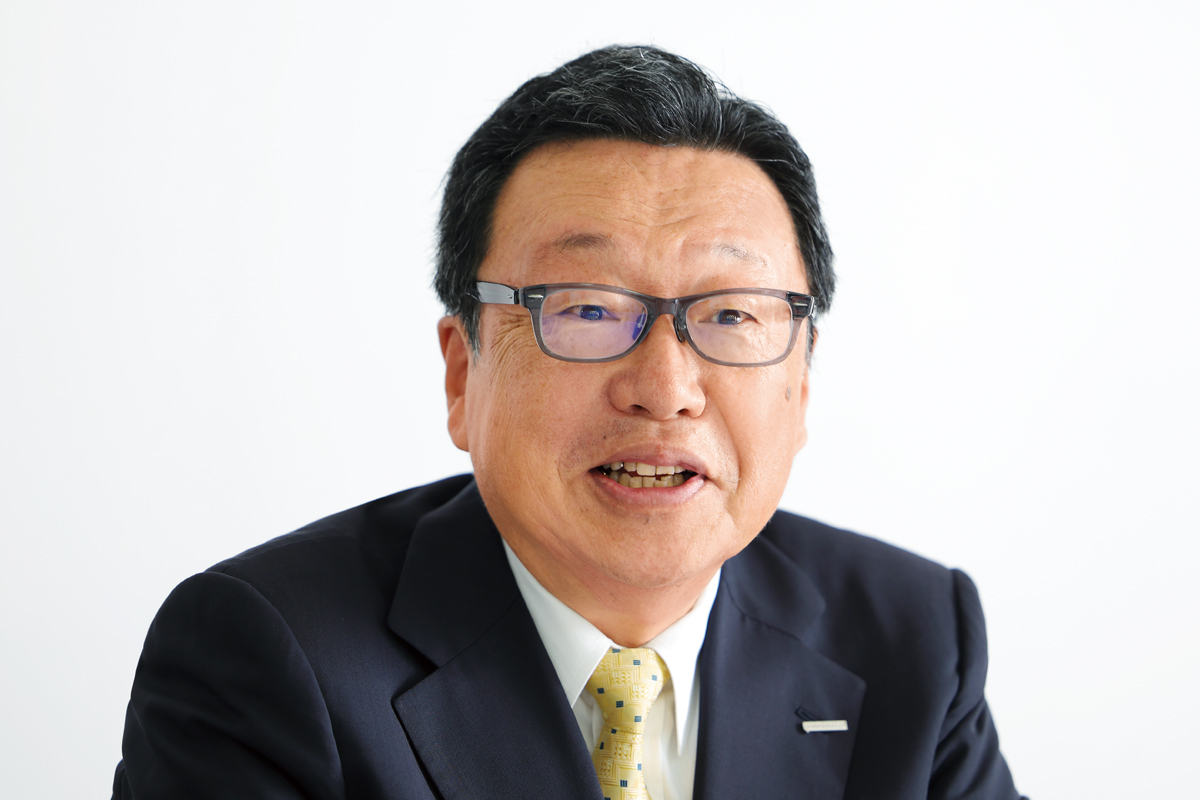
 Evaluation of Performance in the Fiscal Year Ended March 31, 2024
Evaluation of Performance in the Fiscal Year Ended March 31, 2024
Kawana:In FY2024.3, while the Digital Business, which had driven earnings growth until now, stagnated, the Toys and Hobby Business and the Amusement Business recorded their highest earnings ever. The “mutual complement” among these diverse businesses has led to steady improvement in Group earnings. Additionally, new initiatives have commenced to proactively create “mutual complements” between businesses. We expect the challenge of exceeding fans’ expectations to ripple across various fields.
Shinoda:In FY2024.3, net sales exceeded ¥1 trillion for the first time, and despite a decline in operating profit, this is a most satisfactory result. On the other hand, the Digital Business recorded significant losses. This was due to several factors, such as the diversification of user needs, longer development periods, and rising costs. Rival companies are facing similar conditions. I believe it will take some time for the sweeping overhaul of the development system to have an impact.
Shimada:I realized there is a need to scrutinize not just the output numbers, but also the breakdown of earnings at each business. In particular, I take the downward revision of earnings forecasts seriously. The lack of foresight on the part of Bandai Namco has ultimately disappointed investors. While we cannot always meet such expectations, Bandai Namco has a responsibility to make every effort possible.
 Toward the Next Mid-term Plan and Long-Term Vision
Toward the Next Mid-term Plan and Long-Term Vision
Shimada:Currently, the Bandai Namco Group has not unveiled a long-term vision. When formulating the Mid-term Plan, it may be easier for investors to understand it if Bandai Namco worked backward from its ideal state from a long-term perspective, rather than simply adding new elements to the previous Mid-term Plan. While it is necessary to consider the rapid changes unique to this industry, I believe it is worth exploring this approach.
Kuwabara:Since I became an outside director in FY2017.3, Bandai Namco started having executive retreats, with the first theme being “Our Ideal State in 10 Years,” which included setting internal numerical targets. If we were to create something similar now, it would likely involve a vision that delves more deeply into sustainability issues. Discussions about the next Mid-term Plan will likely be influenced by such a vision for the future.
Shinoda:As was mentioned in the Vision Meeting, if growth opportunities are sought abroad, the Company needs a new global human resource strategy to support this endeavor. In addition to corporate personnel who support the business foundation, the Company’s policy for securing and developing talent responsible for acquiring and creating IP should be addressed within the Mid-term Plan or the long-term vision.
Komiya:Aggregating the numerical targets set by each business company is a rational approach in its own right, in my opinion. However, for certain types of growth investments, a Group-led approach is more effective, and I believe we are currently in a position to facilitate this.
Kawana:In a business like Bandai Namco’s, which presents a worldview to fans, the “what” (what to do) is primarily determined by the people interacting with the fans on the ground. However, once the “what” is established, the “how” (how to achieve it) becomes the focus. We want to provide various advice and raise questions, and participate in the creation process.
 Risks to Address for Growth
Risks to Address for Growth
Komiya:In the Digital Business, due to its large scale, both opportunities and risks exist. One risk is the long development periods, which expose the business to changes in the external environment and increase investment costs. Achieving the right balance between minimizing risks and maximizing returns will be crucial.
Shinoda:As global expansion accelerates, establishing governance for overseas operations is an urgent task. Business expansion and the establishment of management systems are like two wheels of a cart, with the latter including securing, developing, and deploying corporate personnel. Delays in these efforts could be seen as the greatest risk.
Shimada:The biggest risk I see is a game-changing event brought about by technological innovation or changes in lifestyle. A prime example of technological innovation is the advancement of AI, while in lifestyle changes, the spending behavior of the younger generation, which considers the value of something compared with the time it requires to a great extent, is noteworthy. At this stage, it is unclear how significant these changes will be or if a game-changing event is imminent. However, we should always keep these theoretical possibilities in mind.
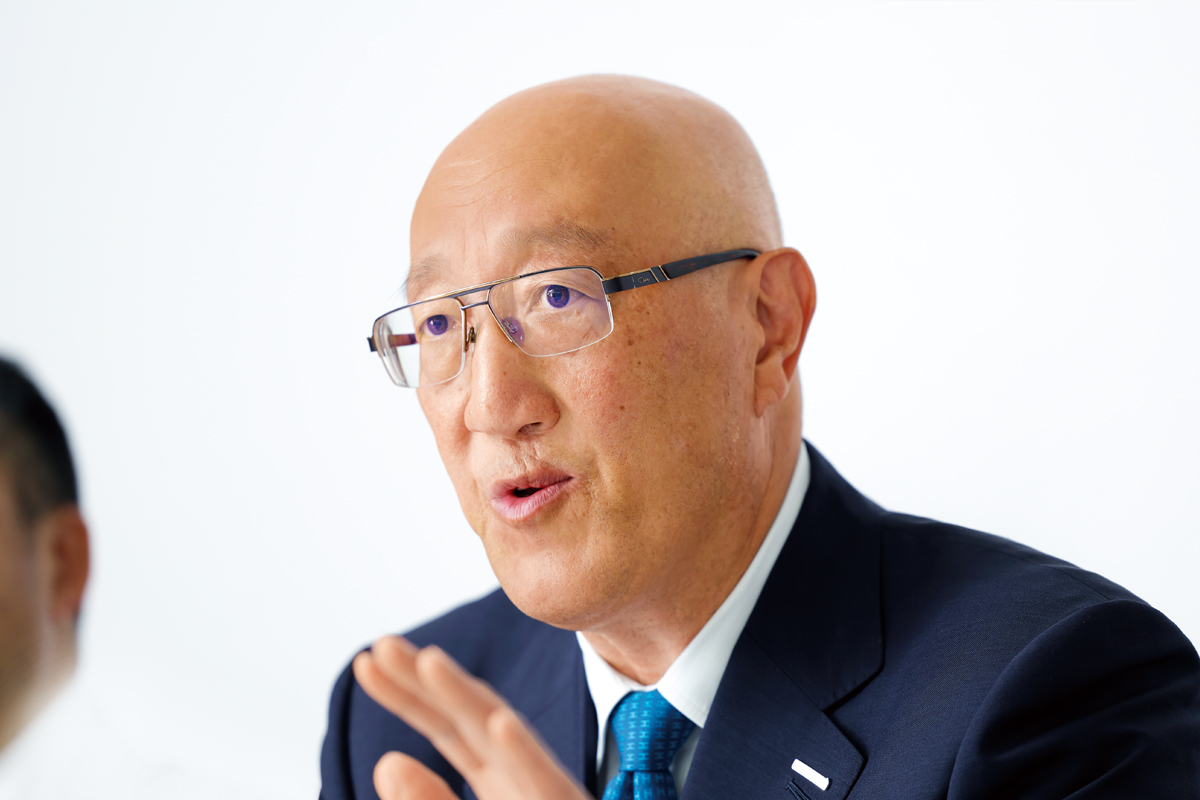
Kuwabara:In the short term, I see two main challenges and risks: global Group governance and the overhaul of the game development system. In the long term, with the ongoing decline in birth rates and changes in media viewing patterns, fostering the next generation of fans will probably be a major challenge.
Kawana:As Bandai Namco expands its business domains and its business models become more complex, conflicts are likely to increase. For instance, the introduction of AI will bring about a conflict between labor-saving/productivity improvements and human creativity. Additionally, there may be some conflicts of interest between the Bandai Namco Group and various partners. In the overseas business, there may also be clashes with local ethics and religious views. Properly managing these elements will be essential for the Company to remain prosperous.
 Promoting Diversity from Various Angles
Promoting Diversity from Various Angles
Kuwabara:In 2023, Director Udagawa became the first female internal director at the holding company, and more women have been promoted across various companies. However, the percentage of female managers at major Group companies in Japan is still less than 30%, so continued efforts are necessary. Beyond gender diversity, to achieve true globalization, I look forward to Bandai Namco increasing the promotion of local personnel to management positions in Group companies across various regions, eventually leading to the appointment of foreign directors.
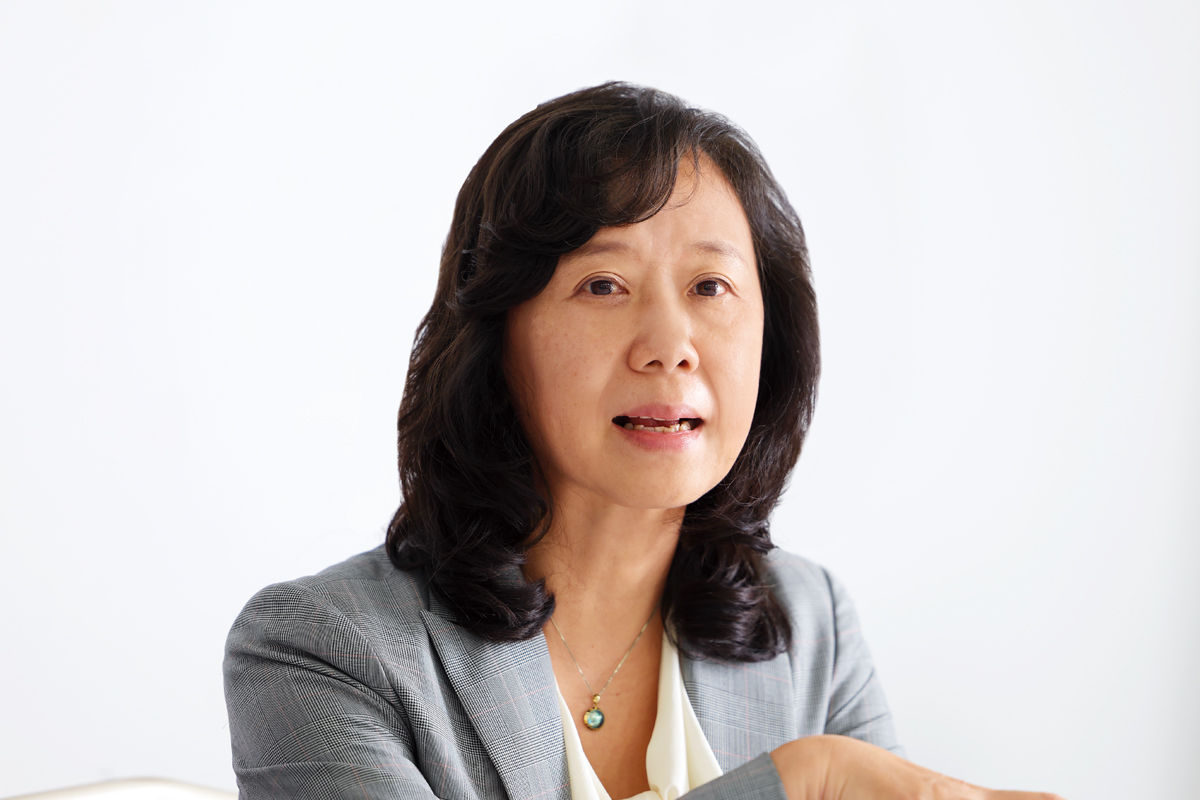
Kawana:Women’s advancement is a frequent topic of conversation at the Personnel Committee. With Director Udagawa as a role model and the many talented individuals in the younger generation, I believe it is only a matter of time before we see an increase in the ratio of women in management positions. Moving forward, the focus will gradually shift to “cognitive diversity,” meaning diversity in experience, knowledge, and thinking. It is important to identify, develop, and empower talented individuals, regardless of gender or nationality, giving them the authority, responsibility, and opportunities to succeed.
Shimada:To add to the discussion, there is the issue of employing people with disabilities. Given that 9.2%*1 of Japan’s population is people with disabilities, companies should exceed the statutory employment rate*2 for people with disabilities. The top 100 companies in terms of market capitalization in Japan have a social responsibility that corresponds to their size. We believe that a multifaceted approach is necessary not only for people with disabilities but also for the advancement of Diversity, Equity, and Inclusion (DE&I).
*1 Based on the Fiscal 2023 White Paper on Persons with Disabilities
*2 The statutory employment rate will increase from 2.3% to 2.5% in FY2025.3 and to 2.7% in FY2027.3.
Shinoda:To fundamentally raise the employment rate of people with disabilities, it is necessary for all companies, not just special subsidiaries, to provide employment opportunities. Currently, some amusement facilities have begun employing people with disabilities. I hope to see these efforts expanded to other regions and business companies.
Komiya:At amusement facilities, there is also the issue of labor shortages in recent years. In any case, this should be viewed as an opportunity to increase the utilization of diverse human resources, including people with disabilities.
 Initiatives of Personnel Committee
Initiatives of Personnel Committee
Shimada:In 2022, we revised the executive remuneration system to include sustainability evaluations. We established KPIs related to decarbonization and employee engagement, and the degree of achievement of these KPIs is reflected in the compensation of directors (excluding Audit & Supervisory Committee members and outside directors). In the first year (FY2023.3), we just introduced the system, but in the second year (FY2024.3), the assessment score increased one rank above neutral, toward a more substantial implementation. We will continue to review and expand the KPIs.
Kawana:Among the indicators set for evaluating sustainability, the KPI for decarbonization has been achieved, and notable initiatives, such as the Gunpla Recycling Project, are being implemented. The Personnel Committee has made it clear that KPIs that should be evaluated will be properly assessed.
Kuwabara:The introduction of the sustainability evaluation itself must have had a significant impact. However, there are a number of operational challenges. First, if KPIs are achieved but not properly recognized, it will not provide sufficient motivation. Additionally, if the KPIs are too difficult to achieve, evaluation scores will not be able to flexibly move. We aim to create better indicators by reviewing and referring to trends at other companies.
Shimada:The Personnel Committee is also advancing discussions on developing management talent. We are identifying the various experiences and qualities required of leaders, and these findings are being applied to actual executive appointments. Traditionally, we have considered people in the immediate next generation as successor candidates. However, this time we have also included the next generation. The goal is to ensure agile and bold talent appointments by widening the scope of candidates to include multiple generations.
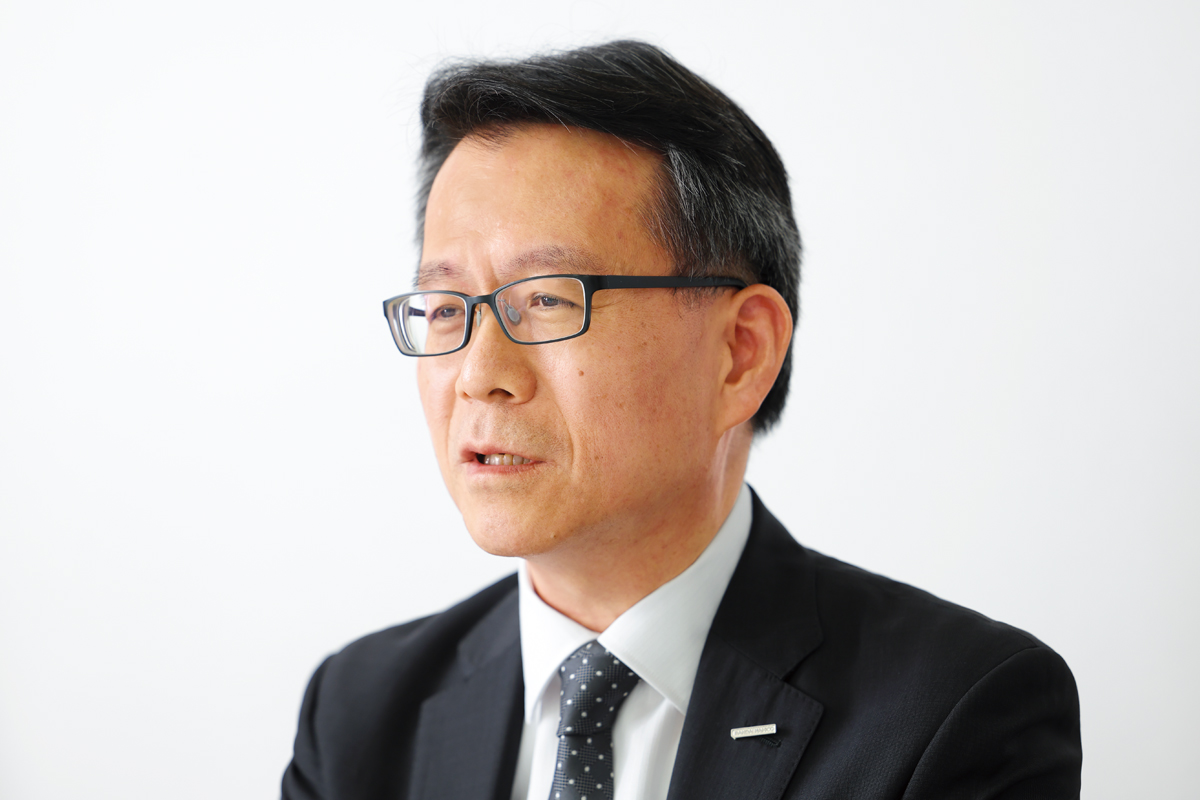
 Toward Further Growth of the Group
Toward Further Growth of the Group
Shimada:The significance of outside directors will be increasingly scrutinized in the future. We must bridge the gap between business operations and trends in the world, remaining attentive to dialogue with investors and continuously enhancing management objectivity from an external perspective.
Kuwabara:FY2025.3 is both the final fiscal year of the current Mid-term Plan and a year of preparation for the next Mid-term Plan. Discussions on revamping the executive remuneration system will also begin. As the external environment undergoes significant changes, we aim to enhance the Board’s collective knowledge and support the Group’s further growth.
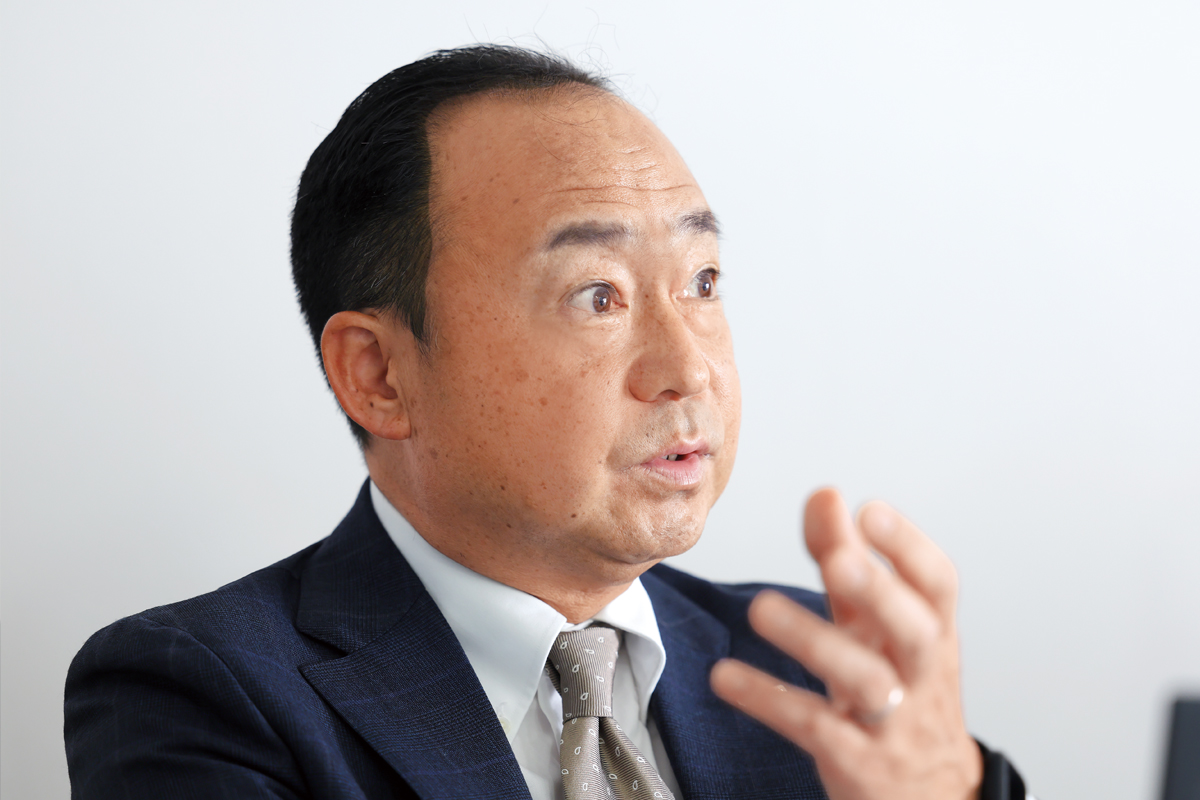
Shinoda:As an outside director and a full-time member of the Audit & Supervisory Committee, I will deepen cooperation between auditors and the internal audit departments of Group companies, as well as with other Board members, to contribute to the enhancement of governance across Bandai Namco.
Komiya:I will work to update my accounting and financial knowledge, deepen my understanding of the business, and contribute to the Group through more precise audits.
Kawana:Bandai Namco’s greatest strength is its IP-centered business development. In addition to its excellent proprietary IP, the Company has the ability to co-develop IP and has diverse IP exit strategies. Through supervision and advice, I will support the Group in fully leveraging these strengths and soaring as a truly global company.




 MESSAGE
MESSAGE Integrated Report 2024
Integrated Report 2024 9.4 MB
9.4 MB DIVERSE RANGE OF BUSINESS AREAS
DIVERSE RANGE OF BUSINESS AREAS